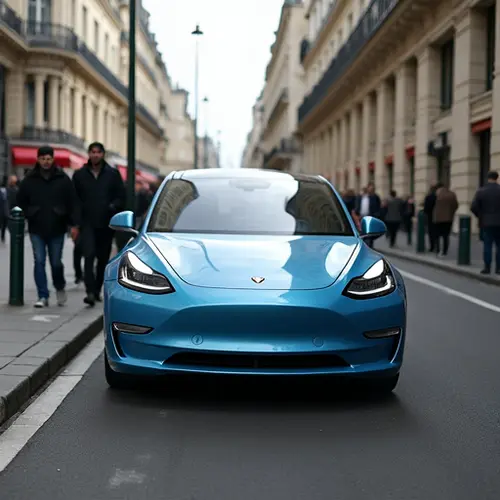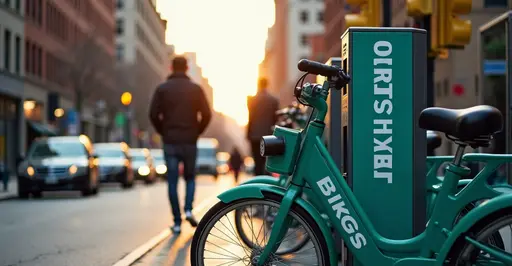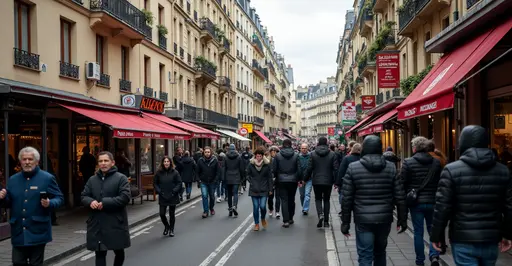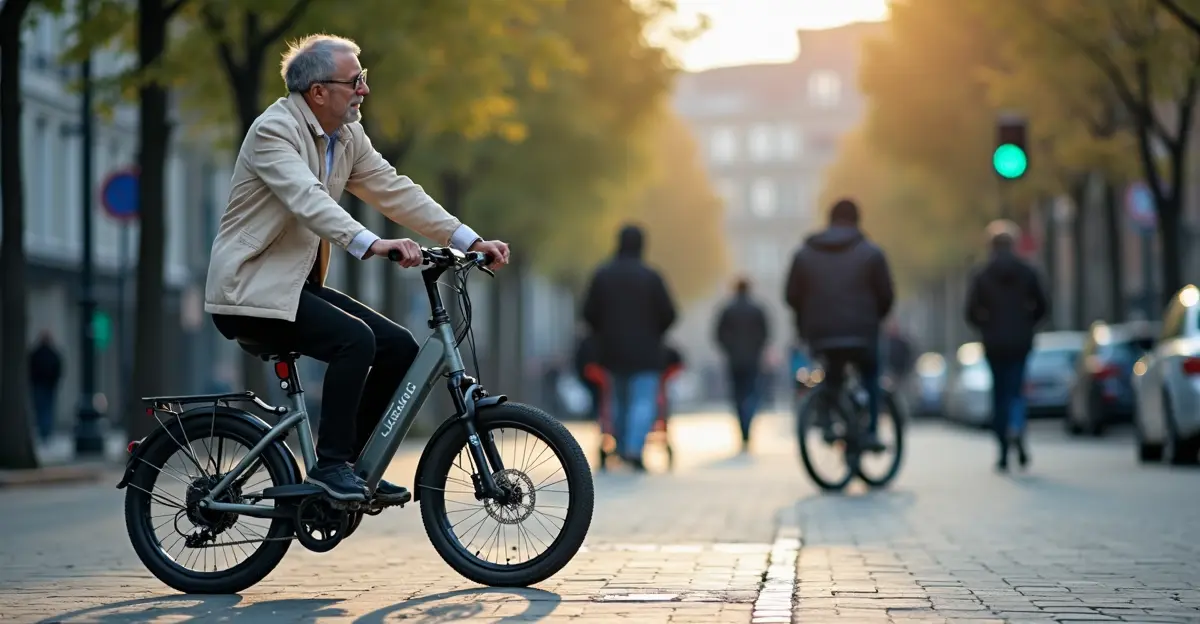
Paris’ Ambitious Plan to Ban Cars by 2030
Paris has unveiled a radical plan to reduce car traffic by 80% by 2030, aiming to transform the city into a nearly car-free urban space. The measures include banning all gas- and diesel-fueled vehicles within city limits, allowing only electric vehicles to operate. This initiative is part of the city’s broader strategy to combat air pollution, reduce greenhouse gas emissions, and promote sustainable transportation.
Key Measures and Citizen Reactions
The plan involves expanding bike lanes, imposing fines on non-compliant vehicles, and creating zero-emission zones. While the move has been praised by environmentalists, it has also sparked resistance from some citizens and businesses reliant on traditional vehicles. Critics argue that the transition may be too rapid and could disrupt daily life and commerce.
Global Context and Challenges
Paris joins a growing list of cities worldwide implementing similar bans, such as Amsterdam and Oslo. However, the scale of Paris’s plan is unprecedented for a megacity. Challenges include ensuring adequate infrastructure for electric vehicles and addressing concerns about accessibility for residents and tourists.
For more details, visit Reuters.

 Nederlands
Nederlands English
English Français
Français Deutsch
Deutsch Español
Español Português
Português







